Exploring the other-worldly concepts of thin places and the possibility of reincarnation, Carole Johnstone blurs the lines between the supernatural and reality in The Blackhouse.
Carole Johnstone’s debut novel. Mirrorland, was described by Stephen King as; “Beautifully written and plotted with a watchmaker’s precision”. Her second novel, set on an imaginary island at the edge of the British Isles, is no less intriguing or unsettling.
Carole grew up in Lanarkshire but has recently returned to Scotland from Essex where she lived with her husband for many years. A love for the Outer Hebrides led to an extended stay on Lewis and Harris and inspiration for The Blackhouse.
“I love island fiction,” explains the gregarious writer, “gothic island fiction in particular and my favourite is And Then There Were None by Agatha Christie.”
According to Carole, “I got quite a serious medical diagnosis and thought that I would need to think about the future a bit more. We decided to take a year away from our work and decide what we wanted to do.
“We went to Cyprus for six months and for the rest of the year we came back to Scotland we decided to go to Lewis and Harris we were staying in a place called Cliff on the west coast of Lewis.”
They arrived in the autumn and hadn’t bargained for the fact that, “everyone kind of went home halfway though September! It was really weird – there was no mobile signal or 4G at the time. We got power cuts all the time and there were no streetlights – the storms were incredible. The wind just barrelled in from the Atlantic Ocean, with nothing to stop it.”
Once a month she and her husband made the journey to Stornoway to stock up on food and fuel – “it felt like and expedition!” she laughs. The storms that Carole experienced during those winter months, along with other experiences of Hebridean weather on past holidays stayed with her.
“I am really fascinated by the sea,” she says. “It’s amazing but really freaks me out, I have written about it a lot in my short stories. The second time we went to the Hebrides we were staying in a Blackhouse. It wasn’t supposed to be bad weather but the whole week we were there it was absolutely horrendous. The walls of Blackhouses are so thick you usually can’t hear the weather but that night it was like somebody was knocking on the walls and the wind was howling down the flue of the wood burner.
“The next day we got up and it was gloriously sunny and warm and we went down to the beach: it looked completely different. The waves had come inland 50 yards or so and had carved rivers into the sand.” She wondered that it would have been like to stand on that beach while the storm was raging. “I wrote that into The Blackhouse – I’ve always lived in towns and cities so I have never experienced the power of a storm in that way.”
Strength of the sea
The Blackhouse intertwines the stories of two main characters, local man Robert who blames himself for the death of his fisherman father and Maggie, a young woman drawn back to the island in search of the truth about her own childhood. Robert’s tale is in part inspired by a real life fishing disaster; “In 1885 there a huge storm and the whole fishing fleet of Ness on Lewis were out,” says Carole, “Most of the vessels went down to the more sheltered east coast. The others wanted to get home so they went to Eoropie on the west side of the island and they tried to put in. Then they grounded on rocks just inside the bay and they were turfed into the ocean. All the villagers came down and tried to put their own boats into the water and they just couldn’t do it. The whole village watched every single one of the fishermen die.”
The author says that; “I wrote about it in the Blackhouse before I realised that I was writing about that event – I then went back and researched it properly! I wanted to explain why Robert was the way he was – an experience like that would make your life a lot like Robert’s, I think.”
Other-worldly location
The Blackhouse also embraces several layers of mysticism and superstition which combine to keep the reader guessing about what is real and what is imagined – or something else. Carole brings Norse mythology together with Gaelic legend to explore the idea of ‘thin places’. “The Norse believed that thin places were places where the walls between this world and other worlds are very very thin. I find that really fascinating but you genuinely do get that feeling when you are in the Outer Hebrides.”
Her setting is fictional but it is unmistakably close to Lewis and Harris, something that presented Carole with some linguistic challenges. “You have to embrace the Gaelic,” she says, “because everything there is Gaelic first and then Scots and English second. All the place names are fictional – I thought ‘how hard can that be?’ but all the grammar and pronunciation is so difficult! I hired a Gaelic translator and told him what I wanted to say.”
Finding someone to help her with the Old Norse words in the book was even more of a challenge. “The worst part was the Norse,” she admits, “they said it was very similar to Icelandic but it wasn’t quite the same.” Eventually I found a professor of Old Norse in Colorado and he was able to give us lots of advice but I won’t be using Old Norse in a book again,” she laughs.
Island life
Carole was keen to explore the juxtaposition of living in an incredibly remote location but within a very tight-knit community where, “you couldn’t just go out for a walk or have an argument in the street with someone without everyone knowing about it and that must be a hard way to live.” She wasn’t going to let her protagonists get away with life in a large island community though. “I thought I would make it even worse and set it on a little island off Lewis and Harris, based geographically on Scarp.”
Throwing city-girl Maggie into this way of life leaves her completely out of her depth. She has travelled to The Blackhouse hoping to find out the truth about her past and her mother but is faced with a tight community determined not to let her reopen old wounds. Maggie also suffers from bi-polar disorder, something which Carole was anxious to write about with as much realism and sensitivity as possible.
Unreliable narrator
“I really like unreliable narrators – I needed there to be a reason for her to want to go back on the island and also to be a bit messed up about herself and her relationships,” she explains.
“I was really nervous about writing about bi-polar because I don’t have it and I know a couple of people who do. The charity Mind were brilliant – they spoke to me, what’s its like to deal with it on a daily basis. I was most worried about getting that right but I think it would have been difficult to write Maggie’s story without it,” she says.
Looking ahead, Carole talks enthusiastically about her plan for another tale set in an unusual location. This time, her story will unfold at the other end of the UK, off the coast of Essex, where vast mud flats, ancient paths and rising tides can leave visitors disorientated and in danger.
The Blackhouse by Carole Johnstone is available now, £14.99.
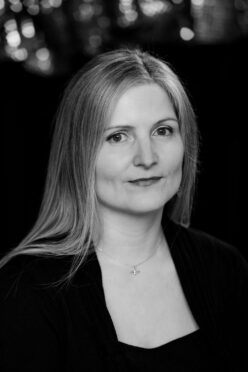
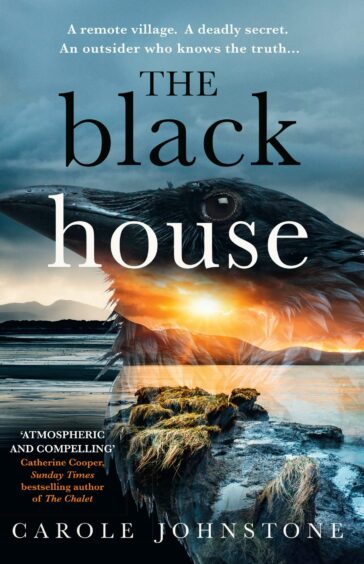
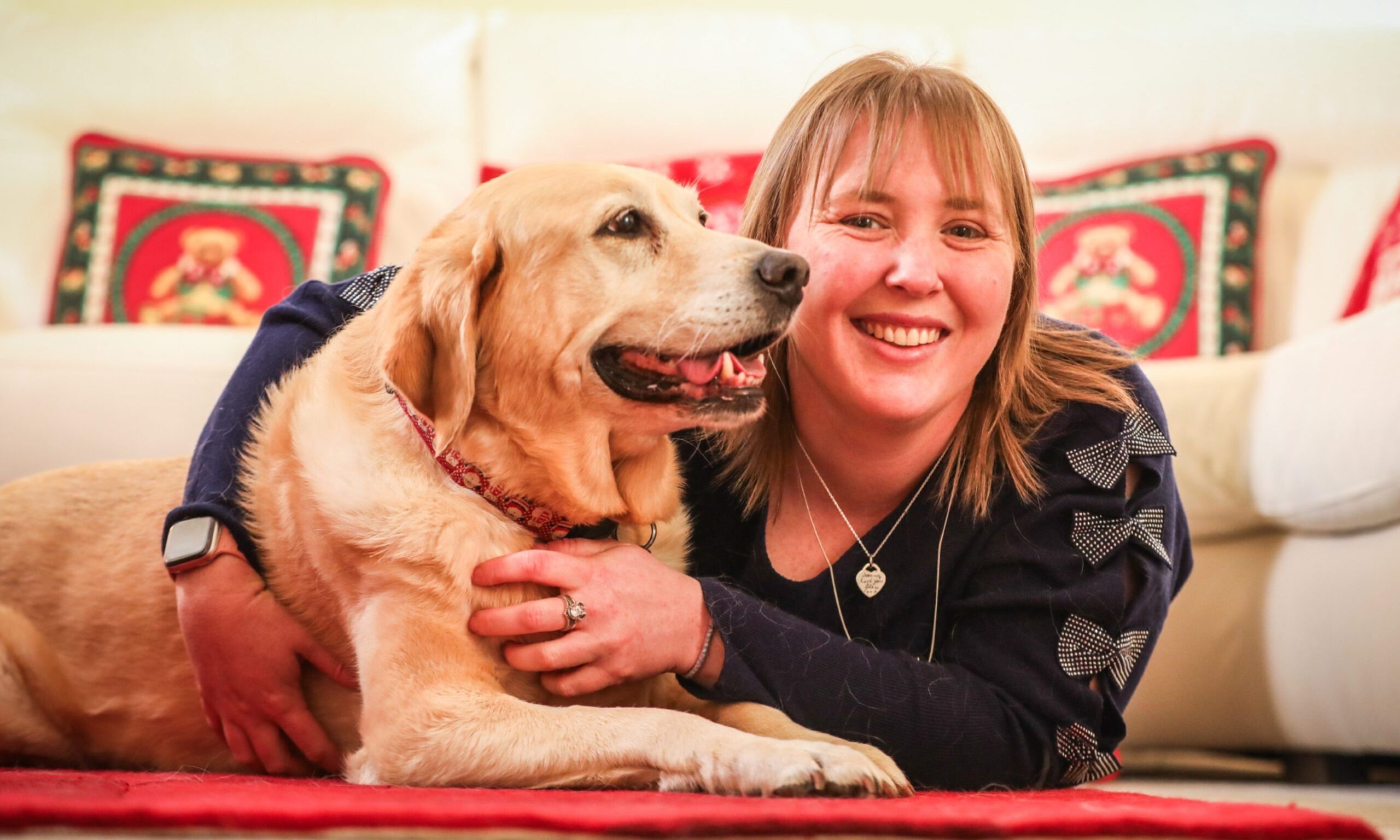

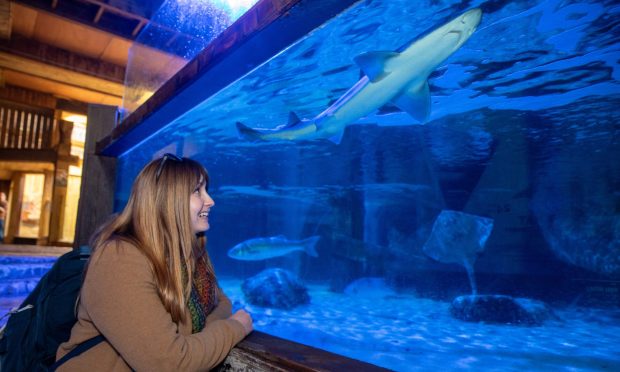
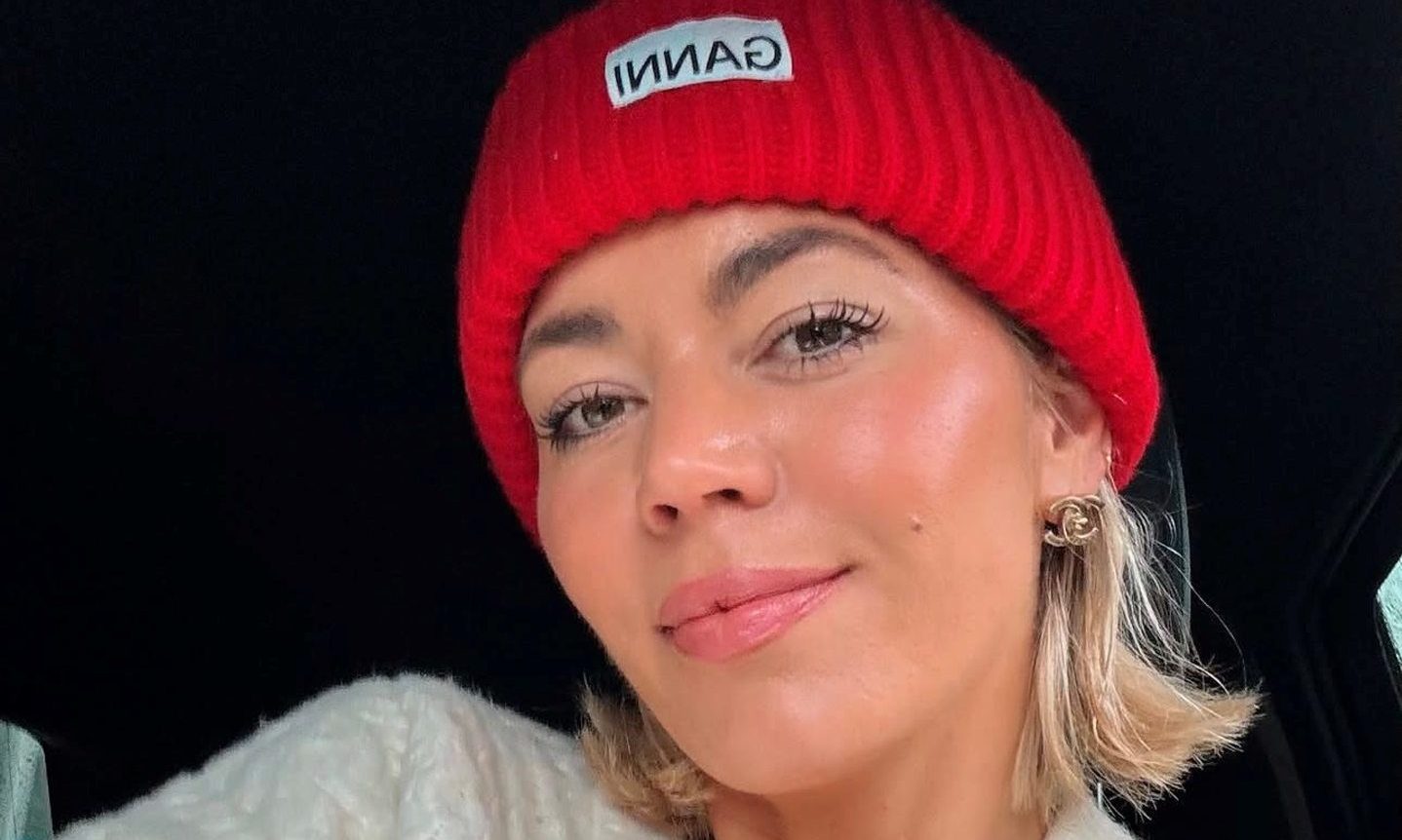






Conversation